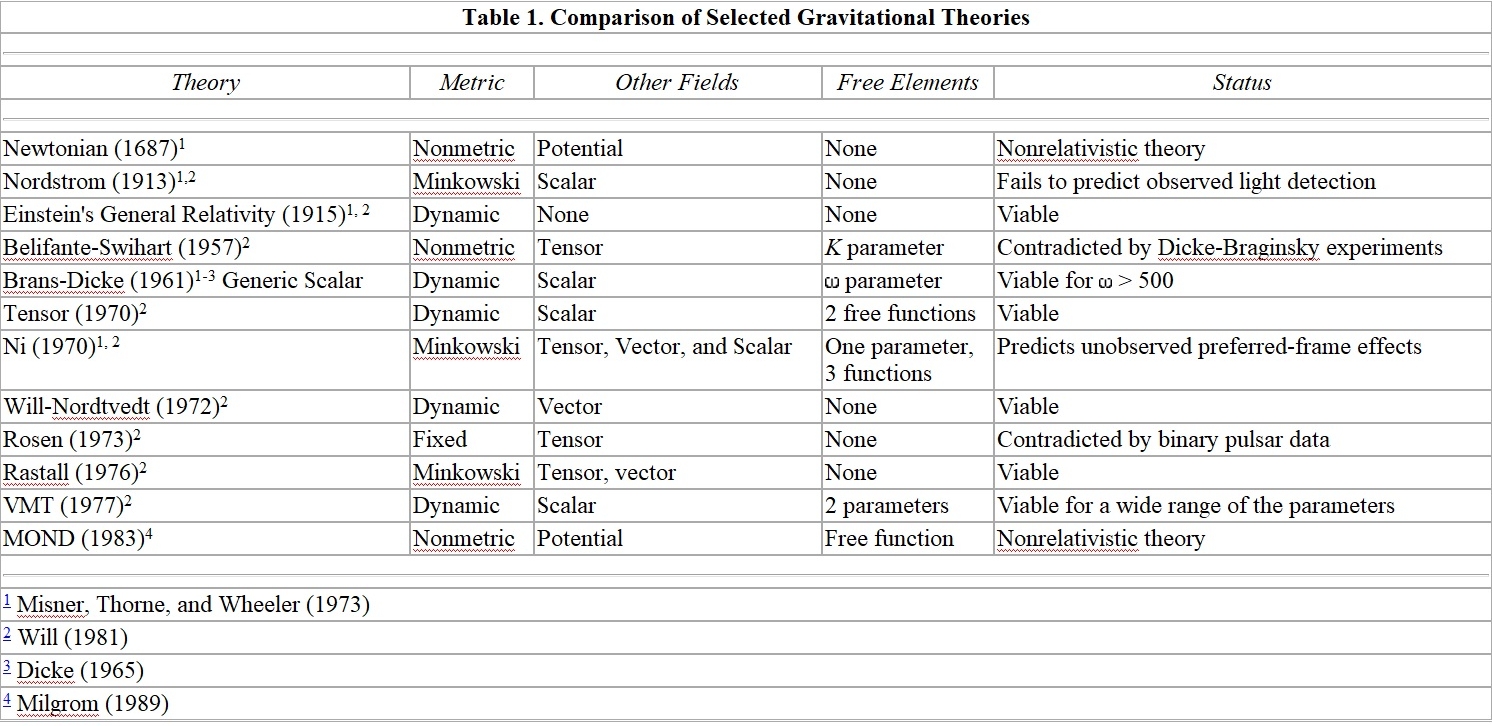Preamble: If you don't like preambles, skip this. Though I suspect for those who do, when you object to what I say next, I'll be replying with, "Please read the preamble in post #51."
As I've noted, all this stems from the book
Spacetime and Geometry by Sean Carroll. I'm good with Chapter 1 now, so thanks everyone. It took some time to get through Chapter 1, not because of the math - that was easy enough - but because of the concepts. As you can tell, I would have walked away from Chapter 1 misapplying the math because of some misconceptions about the concepts. For me that's the most important part, as much as many scientists wish to avoid philosophy. It took extensive reading on the side and the discussion here to straighten me out ... though of course there's always a chance a misunderstanding is still lurking somewhere.
There were 2 concepts that threw me in Chapter 1. First, coordinate time vs. proper time. It wasn't so much relating time and space - I was already predisposed to thinking of space and the time as the same (though for theological rather than philosophical or scientific reasons). However, I'm not excited about the metaphysical underpinnings in Chapter 1. Let me be clear that I'm not challenging the math or the efficacy. I realize the explanatory power and I've already stated I don't have any physics credentials to speak of. However, had I been in Einstein's shoes, I would have gone a different direction. My outlook would have led me to a concept different from "spacetime" as it now stands. I'm not saying my approach would yield better results. I have no idea if it would work as well as spacetime - if it would work at all. I just never would have thought of it this way.
The second thing that took me awhile was grasping the implications of the hyperbolic nature of the Lorentz Transform. Carroll makes a comment that it preserves features similar to Euclidean orthogonality. Not that they were equivalent, but that they were similar - the difference being that the axes "scissor together". That was new for me, and it took me awhile to grasp it. But I'm there now.
So, my reaction to Chapter 1 was first, "Huh?" and then later "Cool." Not that I'm completely on board with the physical interpretations, but I understand them to the depth necessary that I can understand the consequences of viewing physical phenomena from that perspective.
But come Chapter 2, my reaction was ... Woa, woa, woa. Sorry, but no.
End Preamble
Begin Chapter 2: First Question
The first section of Chapter 2 attempts to convince the reader that the concept of spacetime logically follows from several concepts, the first being WEP (Weak Equivalency Principle).
Carroll discusses the equivalence of inertial forces and gravity. I was already familiar with discussions about force equivalencies - not inertia and gravity, but rather from
D'Alembert's Principle. So, this wasn't new to me. Or maybe it is. Because Carroll argues the fact that since an inertia/gravity equivalency follows from WEP, that is a point in favor of spacetime. That this follows because m_i = m_g and a = [math]-del phi[/math]. Hmm. Seems to me that's an argument for gravity as a force, not the other way round.
Here's the question: Do you think WEP is an argument for spacetime? If so, why?
* Rats. My math codes didn't work. How do I type out equations here?



